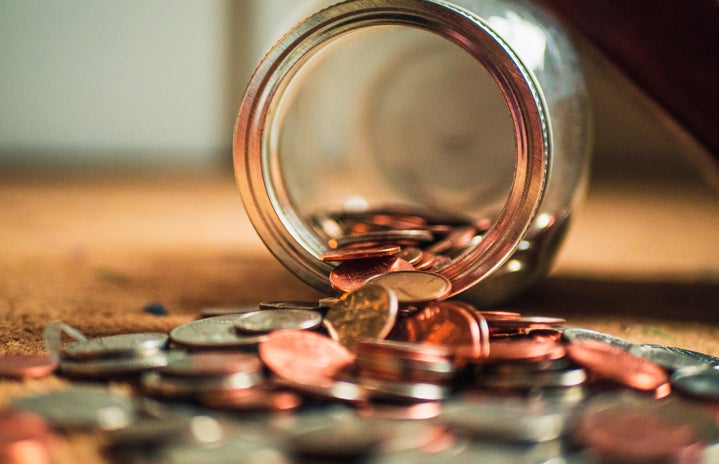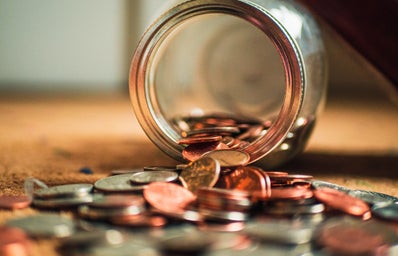Rising medication prices is something that has been plaguing the American public for several years now. Because of these high prices, people are often rationing their medicines in an effort to make it last longer or simply forgoing it completely. One of these medications is insulin, a drug that millions of people with diabetes need to survive. Many people have died in the past several years due to them rationing their insulin and, consequently not getting enough.
Insulin never used to cost people an arm and a leg to purchase, though. When Frederick Banting discovered insulin in 1923, he refused to put his name on the patent, as he believed it was unethical for a doctor to profit from a discovery that would save lives. His co-founders sold the patent to the University of Toronto for $1 because they wanted everyone who needed it to be able to afford it.
Fast forward to modern day and the $1 ticket price seems like something from a dream. In 2016, the average price rose to $450 for a single vial. Once insurance is taken into account, the out-of-pocket prescription costs are still high. And those without health insurance are stuck paying the full price, which causes many people to begin rationing their supply. This is what happened to Alec Raeshawn Smith, who in 2017 died from diabetic ketoacidosis a month after aging off his parents’ insurance plan. His family believes he was rationing his insulin until he was paid again so he could afford to buy more.
The issue of high prescription prices is one of the few things that lawmakers have come to a consensus on, regardless of their political party. On April 10, there was a House hearing with pharmaceutical executives where members of Congress pressed them to explain why insulin prices have skyrocketed over the years. The executives responded with carefully scripted responses, which did not please lawmakers. Democratic Rep. Jan Schakowsky of Illinois pointed out how the insulin prices from major companies were “curiously close,” suggesting that illegal price collusion may have a part in this. “I don’t know how you people sleep at night,” she said.
An executive from one of the major insulin-producing companies, Sanofi, said that the company will start offering uninsured patients the ability to access insulin for $99 a month. Rep. Joe Kennedy pointed out that companies only seemed to be moving toward lowering costs when “facing pressure from the public and potential regulation from Congress.”
The pharmaceutical executives claimed these high prices were partly due to them using much of the profit to develop other products that would benefit those with diabetes. In response, Republican Rep. David McKinley said he couldn’t understand why a drug that had been around for nearly 100 years would suddenly spike in cost citing the fact that innovation is supposed to drive prices down.
The high costs of insulin and other life-saving drugs have been impacting the quality of life of millions of Americans for many years now. Despite the fact that the American public and lawmakers overwhelmingly agree that the continuous increase in pharmaceutical prices is ridiculous and that something needs to be done, prices have not gone down. While companies have introduced plans to offer medicine at lower prices, many of them appear that they will not benefit a majority of people. And while it is good that these plans may help people, no matter how small the number, it would be much better if the vast majority of people could benefit from these plans and not have to worry about the costs of medicine they need to live.


